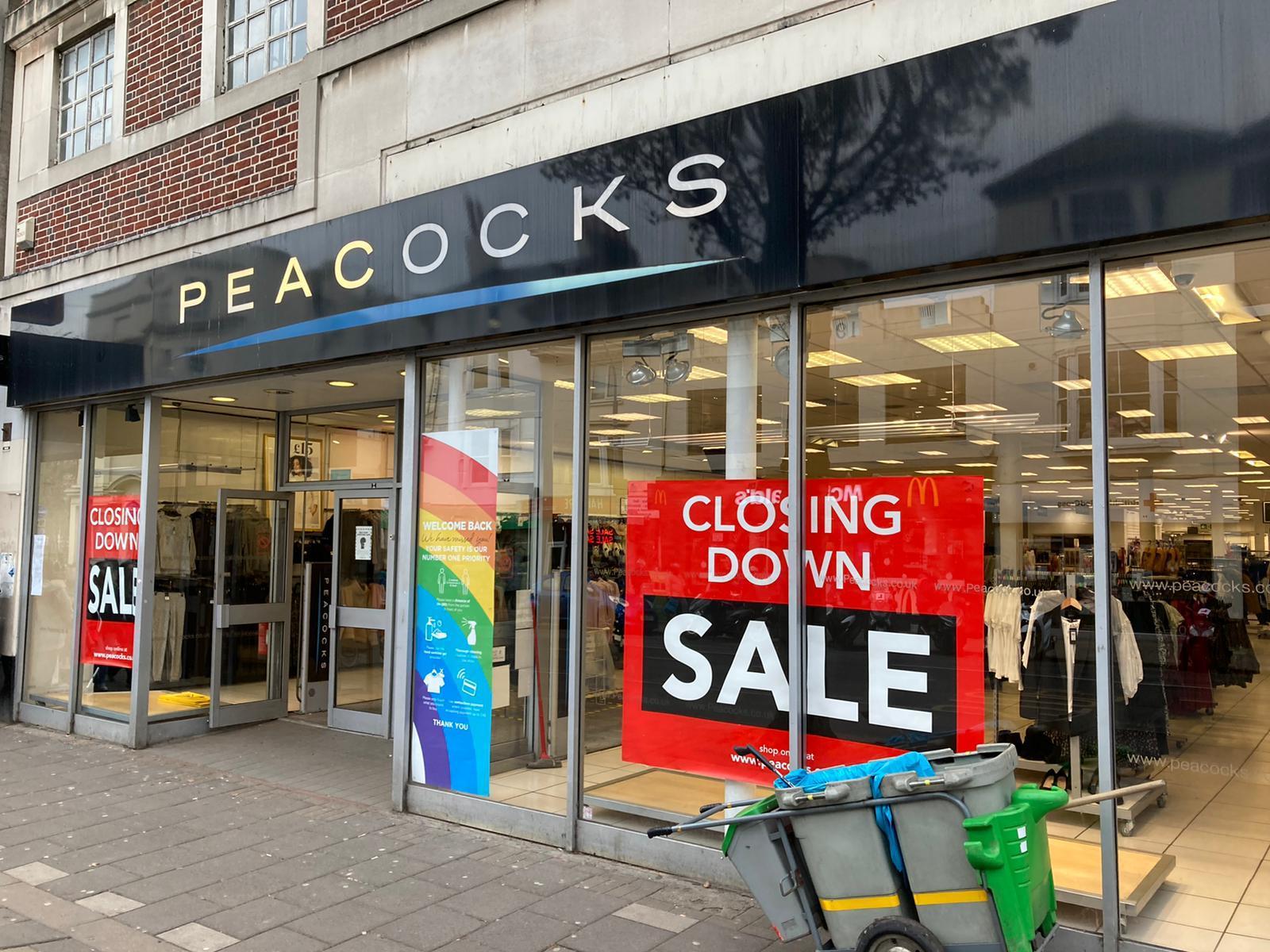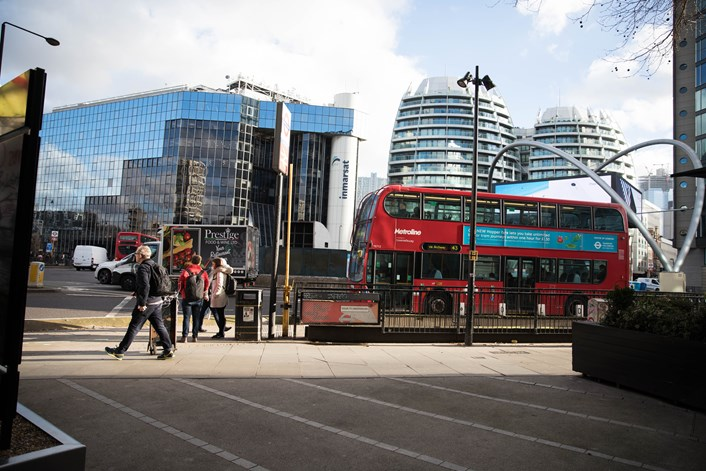Peacocks has returned to profitability after implementing significant workforce reductions, according to recently filed documents.
The Manchester-headquartered high street retailer, which underwent a management buyout in 2020, reduced its retail staff from an average of 4,306 employees per month in the year ending February 26, 2022, to 2,836 in the subsequent 12 months.
Financial results for the year ended February 25, 2023, filed more than eight months past the deadline, reveal that Peacocks achieved a pre-tax profit of £14.6 million. This marks a turnaround from the previous year’s pre-tax loss of £16.7 million.
Peacocks’ turnover also saw substantial growth, reaching £238 million in the fiscal year ending February 25, 2023, up from just under £160 million in the preceding year.
These financial disclosures are the first since Peacocks was rescued from administration in 2020 through a management-led consortium’s acquisition of the company, its employees, and all its stores.
In a statement to Companies House, Peacocks acknowledged the challenging UK high street environment, citing reduced footfall and increasing consumer preference for online shopping. Despite these challenges, the company expressed confidence in its ability to thrive in the current market landscape, attributing its resilience to diversified store formats and broad appeal across demographics.
“Peacocks remains committed to serving its core customer base with affordable fashion and has successfully introduced product ranges that appeal to various age groups,” the statement noted. “Our primary customer demographic is the value-conscious mother shopping for herself and her family, and our strategy revolves around offering compelling value across our product lines.”
Peacocks’ rescue from administration in April 2021 was facilitated by Edinburgh Woollen Mill (EWM) Group, owned by billionaire Philip Day. The acquisition, led by Edinburgh Woollen Mill COO Steve Simpson and an international investment consortium, safeguarded approximately 2,000 jobs, 200 stores, and 150 head office positions.
During the pandemic, Peacocks closed about 200 stores—roughly half of its estate—and implemented 2,000 job cuts. The company’s struggles were compounded by its inadequate online presence compared to industry peers, contributing to its insolvency alongside other major high-street brands like Arcadia Group and Debenhams.






